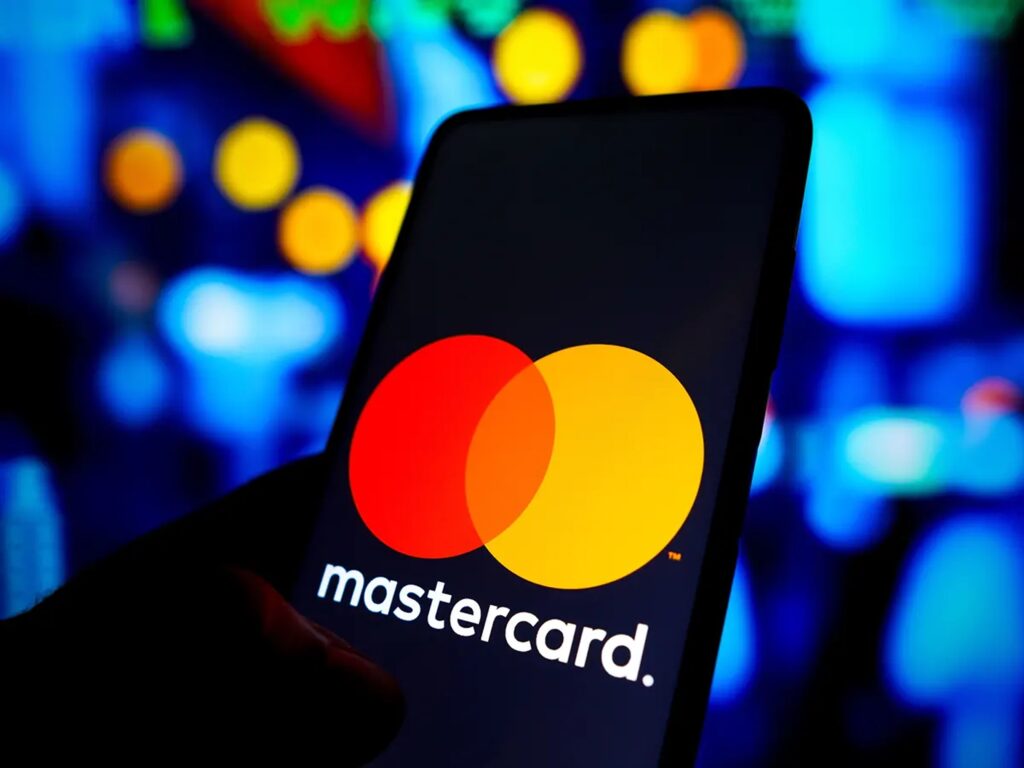MasterCard has launched the MasterCard Crypto Credential, a new service designed to simplify crypto transfers.
This service enables users to send and receive cryptocurrency using aliases instead of lengthy blockchain addresses, addressing a common issue that has led to significant financial losses during transactions.
The solution is already available on various exchanges, including Bit2Me, Lirium, and Mercado Bitcoin, with new partners like Foxbit and Lulubit, which integrates with Lirium.
The service will initially be piloted in Latin America and Europe, with plans to expand to more countries in the coming months.
“As interest in blockchain and digital assets continues to surge in Latin America and around the world, it is essential to keep delivering trusted and verifiable interactions across public blockchain networks,” said Walter Pimenta, executive vice president of Product and Engineering,
Latin America and the Caribbean at Mastercard.
“We’re thrilled to work with this dynamic set of partners to bring Mastercard Crypto Credential closer to realizing its full potential.”
Starting in June, users in Argentina, Brazil, Chile, France, Guatemala, Mexico, Panama, Paraguay, Peru, Portugal, Spain, Switzerland, and Uruguay can send cross-border and domestic transfers across multiple currencies and blockchains.
Thor Abbasi, Co-Founder of Zivoe, praised MasterCard’s move, calling it a “significant step towards broader crypto adoption” and a way to enhance financial inclusion for the unbanked and underbanked.
“Traditional finance incumbents like Mastercard are continuing to recognize that the future of finance will be on-chain,” Abbasi added.
MasterCard’s Crypto Credential service, first announced at Consensus in 2023, marks the company’s initial foray into real-world crypto applications.
The service aims to increase trust and certainty in transactions, supporting both domestic and cross-border remittances and encouraging global crypto adoption.
Mark Smargon, CEO and Founder of Fuse, commented on the launch: “It seems like major incumbents like Visa and Mastercard are looking to leverage their proprietary data and utilize their existing relationships with customers and merchants with web3 payments.”
The service verifies interactions among consumers and businesses on blockchain networks.
Verified users receive an alias for sending or receiving crypto, simplifying the process and ensuring funds are sent to the correct wallet.
If the recipient’s wallet doesn’t support the asset, the sender is notified, preventing potential losses.
Compliance with crypto laws is a key focus, particularly in Latin America and Europe.
The service supports the exchange of Travel Rule information for cross-border transactions, ensuring transparency and preventing illegal activities.
Initially available to a limited number of users, the service will eventually be accessible to over 7 million users globally.
MasterCard also plans to introduce similar services for NFTs, ticketing, and other payment solutions in the future.
